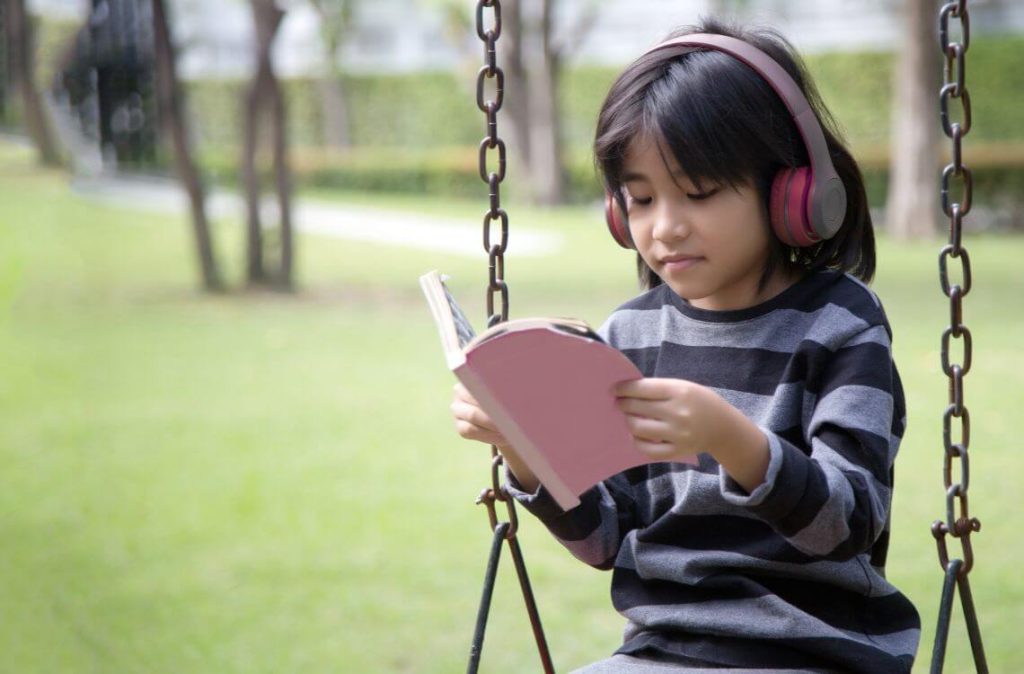Everyone has different personalities and children are no different. During and after toddler age their mannerisms become even more obvious.
Here are a few ways to understand your child better by telling whether or not they may be introverted.
Interactions with Strangers
It is common for children to be a bit shy around strangers. Introverted children especially have no intention of meeting new people.
They are content with the small circle of family that they already have. It is important not to mistake this behavior with rudeness.
Toddlers who avoid interaction are not antisocial; they just take some time to warm up to people and need to be given space.
Fond of Family
Another way to tell if your child is introverted is if they are very fond of you and other family members.
This is usually not an issue as most young children are clingy to a certain level.
Introverted children may be a little more unwilling to part with familiar faces as they consider these people their safe space.
Prefers to Be at Home
Home is where the heart is; and introverted children can relate. If you notice your kid getting uncomfortable in public it may be because they crave the comfort of home.
Public areas can be overstimulating for any baby and even more so for introverted ones.
Eye Contact
Does your toddler avoid eye contact with strangers?
Another sign of introversion is reluctance to form bonds with new people and one way to do that is eye contact.
Babies also look away when they feel overwhelmed by sight and sound. This happens more often in introverted children.
Body Language
In relation to eye contact, body language is another indicator of an introverted child.
Shying away from touch and turning their bodies away will let you know they prefer to avoid the interaction.
Learning how to read body language can help you communicate with your child.
Inquisitive But Careful
Babies and toddlers are inquisitive by nature as they are constantly having new experiences.
Some may dive head first into these opportunities while others take a more cautious approach.
Introverted children tend to take a while before letting their curiosity get the better of them.
Able to Play by Themselves
Observe your toddler during playtime. Do they tend to involve others or are they content on their own?
Children who prefer to play alone tend to be more introverted.
They are perfectly happy in their own company and don’t require input from others.
Small Friend Group
As children grow, they usually acquire more friends. If you notice your child sticking to the same few friends, this is because they have found a comfort zone.
Having fewer friends sometimes has negative connotations but this issue is not one to be overly concerned about.
If your child feels that limited friendships work better for them, forcing them to interact could make them very uncomfortable.
Thoughtful
If your child is always questioning things or seems to be deep in thought, they may have introverted tendencies.
Not every inquisitive child is an introvert, but introverted kids usually observe things more carefully.
They are just as curious if not more so than extroverted children.
Anxious
Introverts are usually more self-aware and this can cause overthinking.
The feeling of anxiety that come with self-awareness may be causing you child stress.
More often than not they just need to be reassured, but some children need help from their parents to be confident and sure of themselves.
Children are constantly growing and changing based on all kinds of influence.
There is no way to be sure how their character will develop as they age, so it is important to love them no matter what their personality type.
For more insightful stories and fun recipes, stay tuned to Motherhood Story!
